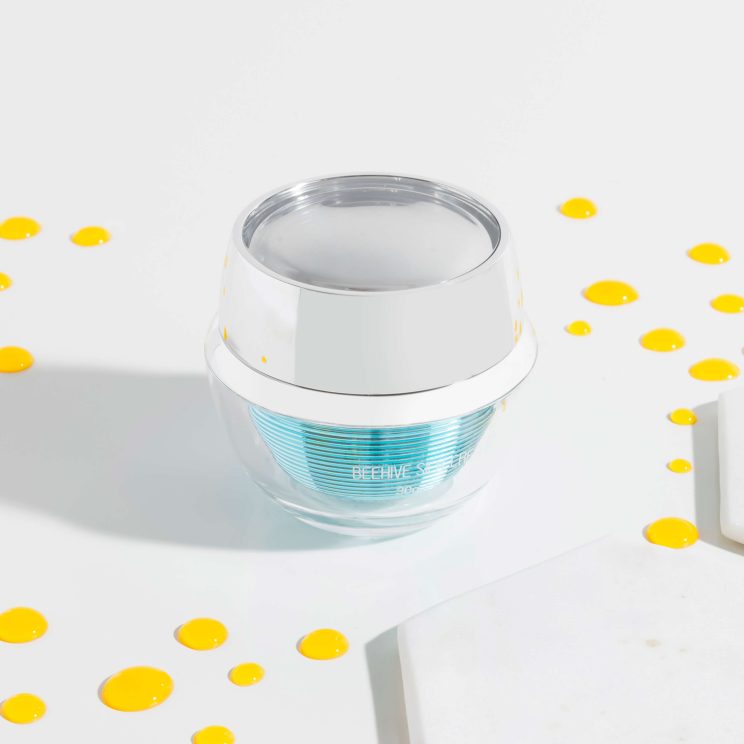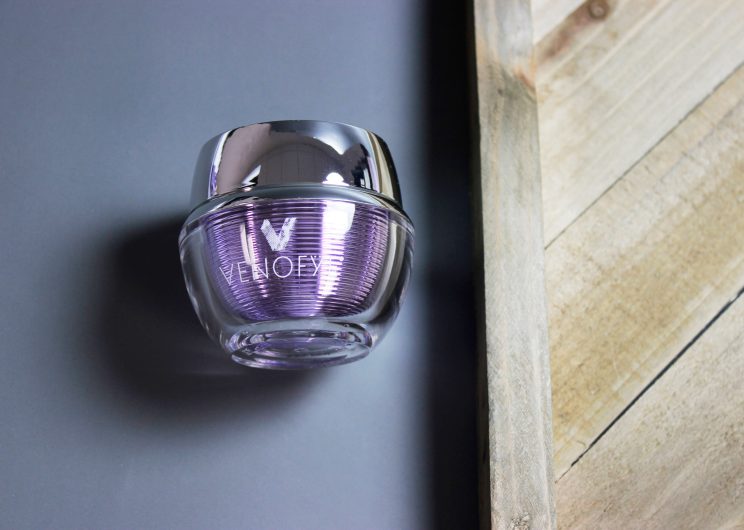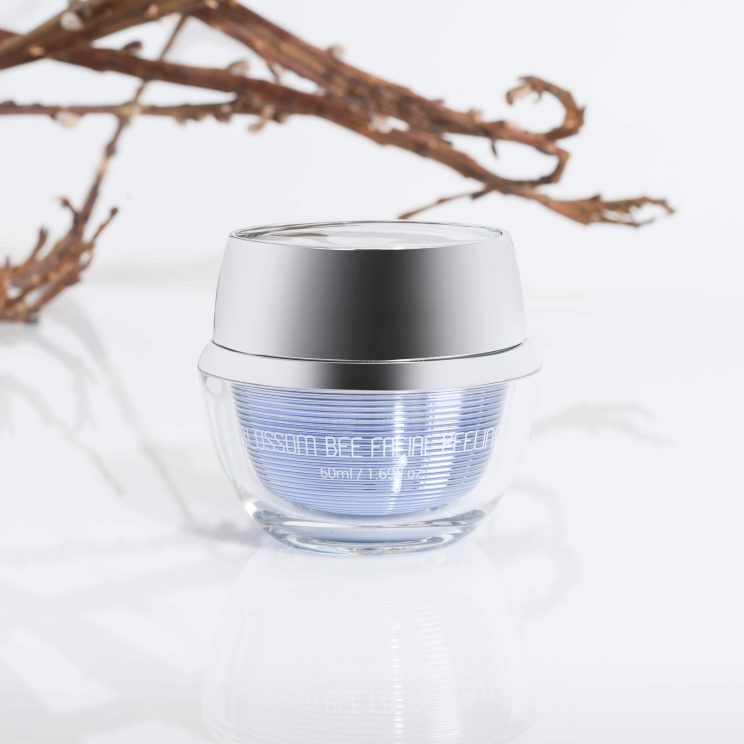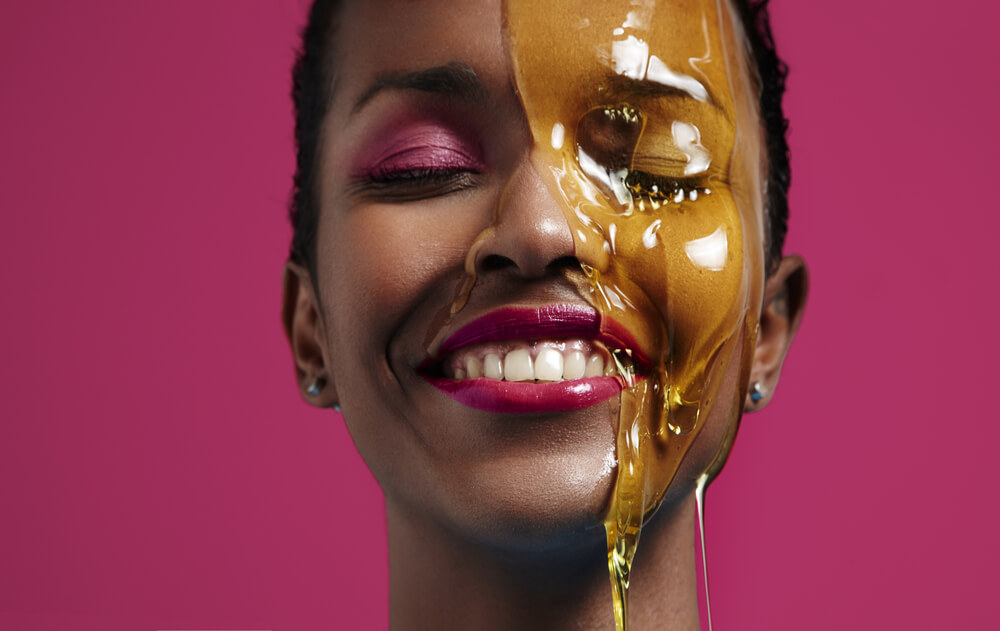It’s common knowledge that keeping the body hydrated is extremely important. Every single cell in the human body relies on receiving adequate hydration i n order to properly function, and this includes your skin cells.
Although the fluids that you consume, along with the foods that you eat, are vital for keeping your internal organs hydrated, these are often not enough to hydrate the skin too. This is where your skincare routine needs to step in and pick up the slack. Topical products are the best way to keep your skin sufficiently hydrated, which, in turn, will keep it looking bright, clear, and healthy.
How exactly does hydration affect your complexion? Read on as Venofye explains why it’s so important to keep your skin quenched, along with tips on how to efficiently do so.
Why is it Important to Keep Your Skin Hydrated?
Hydrated skin is able to function to its full potential, which provides a number of benefits when it comes to the look and feel of your complexion:
The Skin Barrier Feels Strong and Resilient
Your skin’s main purpose is to serve as a barrier between your body and the environment. It keeps you protected from environmental aggressors, be it sun damage, pollution, indoor chemicals, or anything else.
However, your skin will only be able to do this if it’s hydrated. Dehydrated skin is usually accompanied by an impaired skin barrier, meaning an increase in sensitivities and susceptibility to skin damage.
Hydration Reduces the Appearance of Skin Aging
When your skin cells are hydrated, they look plump and full. This helps to iron out the appearance of wrinkles, which always look more prominent on skin that’s dehydrated and deflated.
Hydrated skin feels more elastic too. This helps to counter the appearance of sagging skin, giving the skin a tighter and tauter finish.
Adequate Hydration Rebalances How Oily the Skin Feels
Many people confuse hydration with moisture, but there’s a big difference. While hydration refers to your skin’s water content, moisture alludes to how oily your skin is.
When the skin isn’t properly hydrated, it tries to compensate for this by producing more sebum. This doesn’t help to boost hydration levels but it does play a role in preventing them from dropping even further. The downside to this is that the skin becomes even oilier. This increases the chances of the pores becoming clogged, meaning that acne breakouts won’t be too far away.
Hydration is often associated with dry skin, but keeping your skin adequately hydrated can help to cut back on how greasy your skin feels too.
Hydrated Skin Cells Detox More Efficiently
In order to look and feel their best, your skin cells need to be able to flush out toxins and waste by-products. These are then carried away by the lymphatic system, after which they’re eliminated from the body.
Dehydrated skin cells struggle to detox properly. This causes toxins and waste to build up in the skin, leading to a dull and congested appearance.
How Does the Skin Become Dehydrated?
It goes without saying that if your body is dehydrated, then your skin most likely is as well. This means that keeping your body hydrated by drinking plenty of water can help to keep your skin hydrated too, but only to a certain extent…
There are other factors out there that pull water away from the skin, meaning that the skin can often be dehydrated even when the rest of the body isn’t. These include:
- Dry weather conditions
- Air conditioning and indoor heating
- Consuming salty foods, caffeine, and alcohol
- Over-exfoliation
- Using overly harsh skincare and makeup products
- Hot showers
All of the above factors cause your skin to lose water faster than it is taking it in. The results of dehydration soon become visible in the skin in the form of:
- Dullness
- Itching
- Rough and scaly patches of skin
- Dark circles under the eyes
- A hollow-looking eye area
- Enhanced fine lines and wrinkles
Keeping Your Skin Hydrated
As you can see, keeping your skin hydrated is so important, no matter your skin type. Let’s take a look at some of the best ways to do exactly that:
Add Humectants to Your Skincare Routine

There are plenty of skincare ingredients out there that help to hydrate the skin, but humectants are undoubtedly the best. This group of ingredients boasts moisture-binding properties. This means that they attract water, enabling them to almost immediately plump up the look of the skin after being applied.
Chances are that you’ve heard of hyaluronic acid, a humectant that’s recently made waves in the skincare industry. It’s produced naturally by the skin and is a key molecule when it comes to maintaining skin hydration levels. Unfortunately, hyaluronic acid production declines with age. This is why skincare products containing hyaluronic acid can be a game-changer when it comes to providing topical hydration.
Although hyaluronic acid may be receiving all of the attention, glycerin is another humectant worthy of praise. In fact, research shows that glycerin is actually more effective at binding moisture to the skin than hyaluronic acid.
Nevertheless, including both ingredients in your skincare routine would be the best way forward, which you can do with the Venofye Beehive Silk Cream. This lightweight moisturizer is fantastic at hydrating the skin without weighing it down. With both glycerin and hyaluronic acid, along with algae extract, which also boasts humectant properties, this cream will leave your skin feeling deeply quenched.
Adding a hydrating serum, like the Venofye Serpent ThermDeluxe Serum, to your skincare routine would also be a good idea. Again, this formula is brimming with both hyaluronic acid and glycerin. It also contains vitamin C, another ingredient that can help to improve how hydrated your skin feels.
Use a Dedicated Night Cream Every Evening

The skin loses water at a much faster rate overnight, meaning that this is when it can feel most dehydrated. One way to counter this is to make sure that your skincare routine consists of a good night cream.
Night creams are designed to be thicker than day creams. They form a strong seal over the surface of the skin, preventing water from evaporating out and into the air. Layer a hydrating serum underneath your night cream and your skin will look even plumper and fuller come morning.
If you don’t yet have a go-to night cream, check out the Venofye Blossom Bee Quenching Night Cream. This formula contains glycerin, as well as betaine, which is another humectant. It’s also loaded with shea butter to help trap all of that hydration into the skin.
Avoid Skincare Ingredients That Dry Out the Skin
While humectants are fantastic for hydrating the skin, other skincare ingredients have the opposite effect. Certain compounds, such as denatured alcohols, dry out the skin’s protective barrier. This speeds up the rate at which water evaporates away, leaving the skin lacking in hydration.
So, always take a close look at the skincare products that you’re purchasing to make sure that they don’t contain any drying ingredients.
Exfoliate…But Not Too Often

Earlier, we mentioned how over-exfoliation can lead to dehydrated skin. This is down to how over-exfoliation scrubs away the skin’s protective barrier, once again leading to increased moisture evaporation.
However, this doesn’t mean that you should skip exfoliation altogether. When done correctly, exfoliation can actually help to further hydrate your skin. By clearing away deep-seated dirt, dead skin cells, sebum, and other impurities, exfoliation allows all of the hydrating skincare products that you’re using to penetrate your skin more effectively. As a result, they’ll produce even better results.
Wondering how often you should be exfoliating?
This all depends on your skin type. If you have dry skin, then you’ll already be more prone to dehydration, so weekly exfoliation is all that you need. If you have oily skin, then you may need to exfoliate twice a week to prevent clogged pores and acne breakouts.
Either way, make sure that the exfoliant that you’re using isn’t too harsh. Even if you exfoliate the right amount, using a poorly formulated exfoliant can still produce symptoms of over-exfoliation, meaning redness, dryness, and increased sensitivities.
Instead, go for a gentle but hardworking formula, such as the Blossom Bee Facial Peeling. This product thoroughly exfoliates the skin, leaving it looking smooth and polished. Even better, it has been infused with glycerin to give the skin an extra dose of hydration.
Use a Humidifier
We’ve already talked about how you can adjust your skincare routine to slow down how quickly water evaporates from the skin. However, adding a humidifier into the mix can help in a big way too.
If your skin is often exposed to dry environments, whether this may be due to the location that you live in or the air conditioning that keeps your home at a tolerable temperature, then a humidifier would be particularly useful. It will help to add moisture back into the air around you, which means that the dry air won’t suck moisture out of your skin at quite the same rate.
Ideally, situate your humidifier in the room in which you spend the most time. For most people, this would be the bedroom. This will also help to counter how skin hydration levels naturally fall at night, enabling you to wake up with a gorgeous glow.
The optimum humidity level for hydrated skin is 60%. However, this can be difficult to realistically achieve. Instead, aim for somewhere between 30-60%. Even at the lower end of the scale, this range can be enough to make a huge difference in terms of how hydrated the skin looks and feels.
Summary
Hydration should, without a doubt, be one of the most important aspects of any skincare routine. Sure, you may have various visible skin concerns that you want to tackle, but your main aim should be to ensure that your skin cells are hydrated. If they’re not, then all of the other skin goals that you’re working toward will be so much harder to achieve.
Fortunately, keeping your skin hydrated isn’t too difficult once you know what to do. Follow the tips that we’ve shared above and your skin will soon be thanking you for how thoroughly hydrated it feels!
Click here to check out more bestselling hydrating skincare products from Venofye.




0 comments on “The Role of Hydration in Skincare: Keeping Your Skin Quenched”